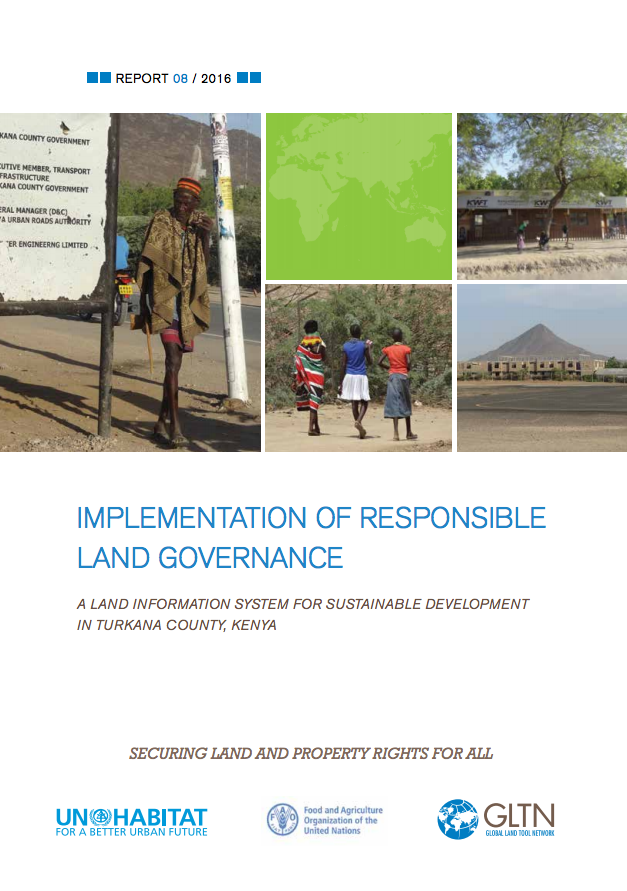Theoretical issues of complex organization of use of lands contaminated by radioactive elements
In the conditions of the Republic of Belarus there was presents an organization of agricultural use of lands contaminated by radioactive elements. There were shown theoretical bases of the main problems forming the components of a complex project of intra-farm land usage.



